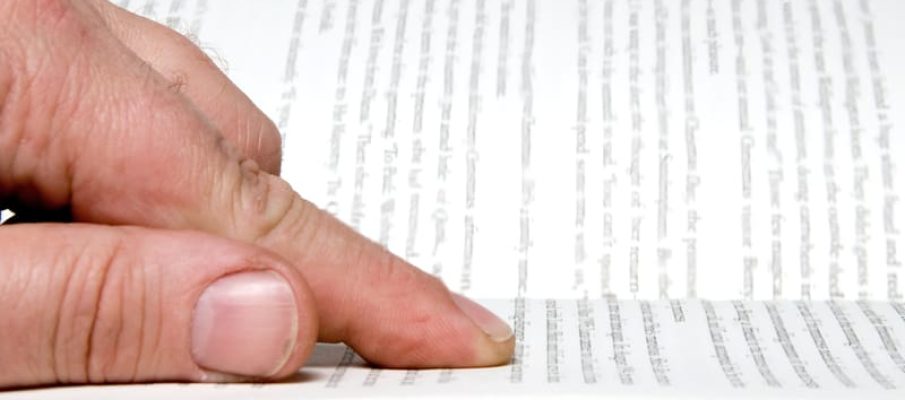Sir Ernest Gowers (1880 – 1966) was a British civil servant. He was educated at Rugby (where the game was invented) and Cambridge, where he studied Classics. He had a long, distinguished, and varied career with the civil service, including a time when he was private secretary for David Lloyd George when Lloyd George was introducing the controversial National Insurance Bill.
But Gowers is best remembered as a pioneering advocate of plain words, the idea that we should try to make our written and spoken language more simple and easy to understand. In 1928, he wrote an article called “Mainly About the King’s English,” in which he observed that government officials tend to “revel in jargon and obscurity.” This article was the beginning of his crusade against the kind of wordy jargon we so often find in legal, government, and scientific writing. Sometimes, Gowers pointed out, people use long phrases to show that they are serious about something. As an example, he suggests that a response in Parliament would sound more palatable to a member if the Minister said, “I am sorry, I don’t know” rather than, “I regret that the information desired by the honorable member is not in my possession.”
He was concerned about “a habit of mind that is apt to lead us into absurdities; to shunning words that mean something and taking refuge in words that mean nothing; to being frightened, for instance, of plain and straightforward adjectives such as ‘great’ and ‘small’ and falling back on ‘appreciable’ and ‘inappreciable’ or ‘considerable’ and ‘inconsiderable.'”
After the end of the Second World War, Gowers wrote a 94-page pamphlet called Plain Words. This work was an instant success, and changed the British government’s approach to communicating with the public. The initiative was particularly timely because, after the war, the government was under pressure to be more transparent, democratic, and inclusive.
In short, the message is “Be short, be simple, be human.” It is a message that endures today for anyone in the business of spreading ideas.
In future articles, we will try to provide resources that will help you do exactly that!
If you’d like to find ways of making your communication more simple and approachable, an interesting starting point might be to get hold of an updated version of Sir Ernest Gowers’ book from Amazon. Quite apart from its important message, it’s a witty book and an entertaining read.
Click here to see the book on Amazon.
Gowers, E. (1929). Mainly about the King’s English. Public Administration, 7(2), 182-191.
Gowers, E. (1948). Plain words. London, England: HMSO.












